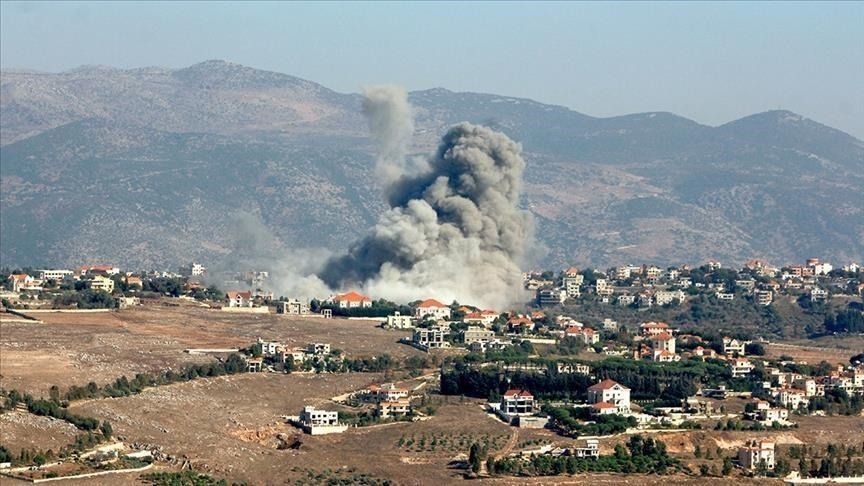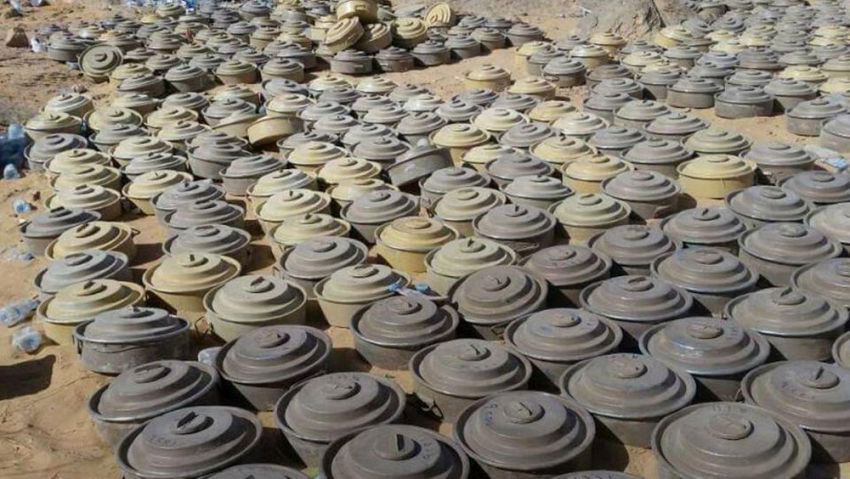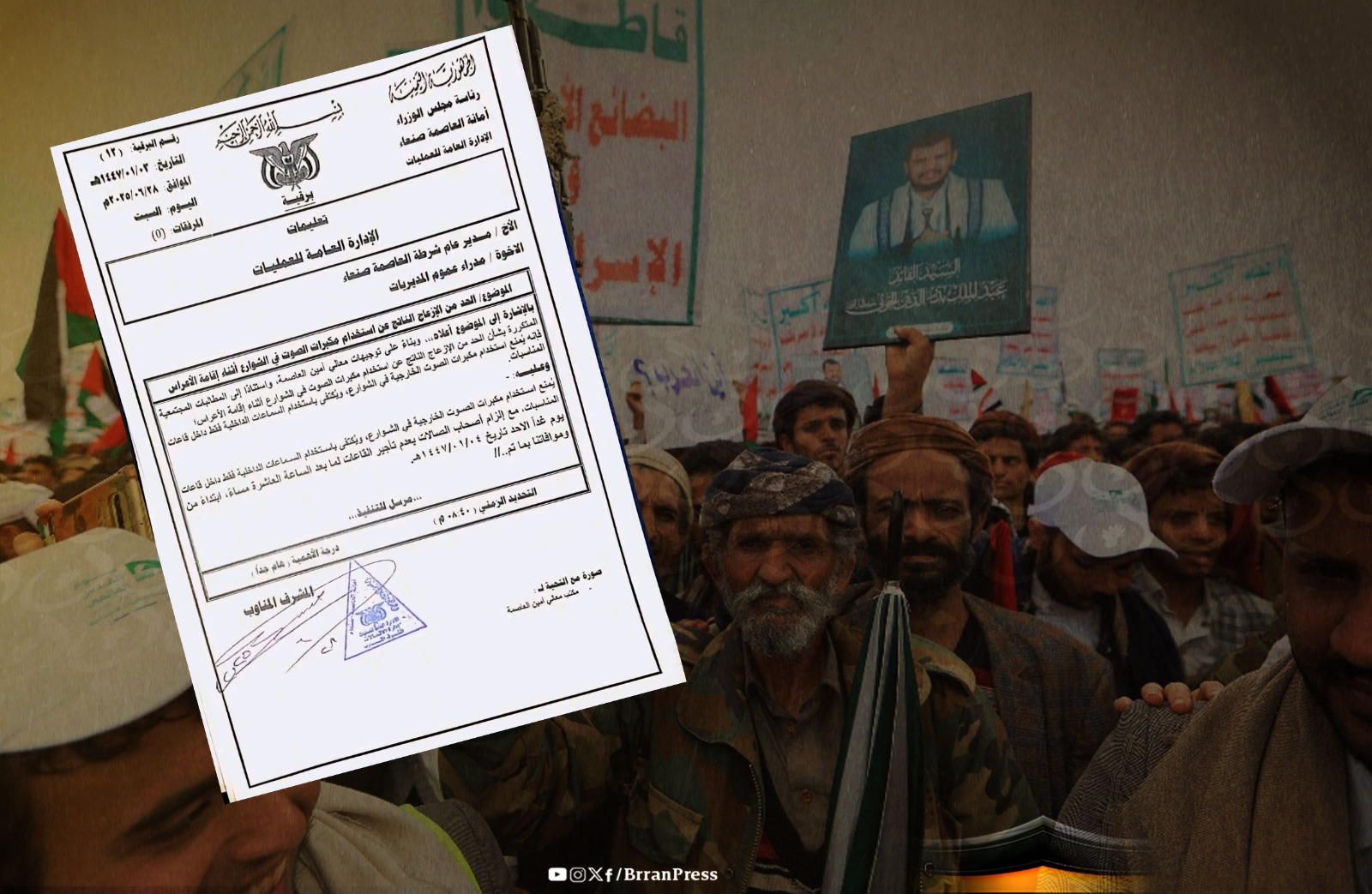
Barran Press
On September 30, 2024, United Nations organizations issued a stark warning that Lebanon is "on the brink of catastrophe" due to recent Israeli attacks. This assertion comes from a detailed study released by the United Nations Economic and Social Commission for Western Asia (ESCWA), in collaboration with UNICEF and the UN Human Settlements Programme, regarding the impacts of these assaults.
Titled "The Multidimensional Impact of Israeli Attacks on Lebanon," the report calls for urgent international intervention to end the conflict and address its root causes, aiming to restore stability in the region in accordance with international law and UN resolutions.
The study paints a grim picture of human losses, noting that on September 23, Israeli airstrikes killed 569 people and injured 1,850, including 50 children and 94 women. This represents one of the highest single-day casualty counts from airstrikes in the 21st century.
According to the report, the rising number of victims has pushed Lebanon's already strained healthcare system to the brink of collapse. It states, "As hospitals struggle to cope, the mass displacement of over 200,000 people—mostly women and children—has created a severe humanitarian crisis, restricting access to essential services such as education and healthcare."
The Lebanese government's Disaster Risk Management Unit reports that as of Monday, there are 146,400 registered displaced individuals in approved shelters across the country, with 834 centers established, including government schools and agricultural centers.
The study also highlights the extensive economic damage caused by the conflict, predicting a significant rise in poverty rates in southern regions. ESCWA Executive Secretary Rola Dashti stated, "This conflict has destroyed not only infrastructure but the very fabric of society," adding that the destruction of homes, schools, and healthcare facilities, coupled with widespread displacement, is eroding human capital and social cohesion.
Dashti emphasized the critical need to end the conflict and address its root causes for the well-being of the region's populations and for stability.
The report indicates that key economic sectors in Lebanon have been severely impacted, with losses in the vital tourism sector expected to exceed $3 billion, while the agricultural sector has been devastated due to the use of incendiary phosphorus bombs.
It warns that "such systematic targeting of agricultural assets threatens food security and livelihoods in rural communities, complicating recovery efforts." The fragile state institutions in Lebanon are struggling to cope with the aftermath, with ongoing conflict, dwindling public resources, and a lack of international support pushing the government toward potential collapse.
The study calls for a coordinated approach to recovery and reconstruction, emphasizing the need for international support to ensure a sustainable path forward in war-torn regions of Lebanon.
Since September 23, Israel has launched its most extensive and intense assault on Lebanon in a year, resulting in at least 962 deaths, including women and children, and 2,778 injuries, amid fears of a regional war. The factions involved are demanding an end to the Israeli offensive on Gaza, which has been supported by the U.S. since October 7, leading to over 137,000 Palestinian casualties, most of whom are women and children, alongside massive devastation and a looming famine.





